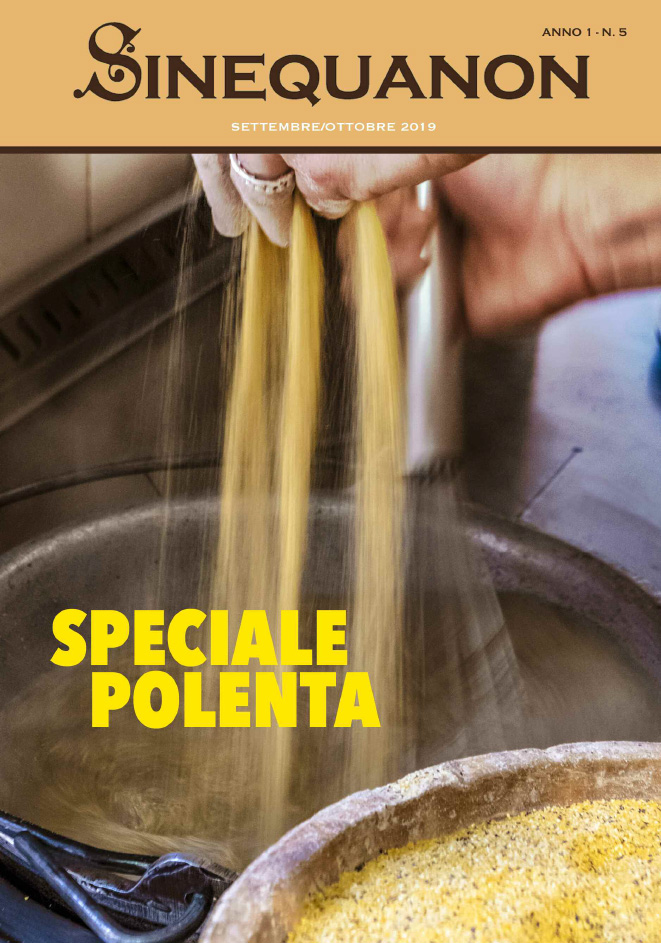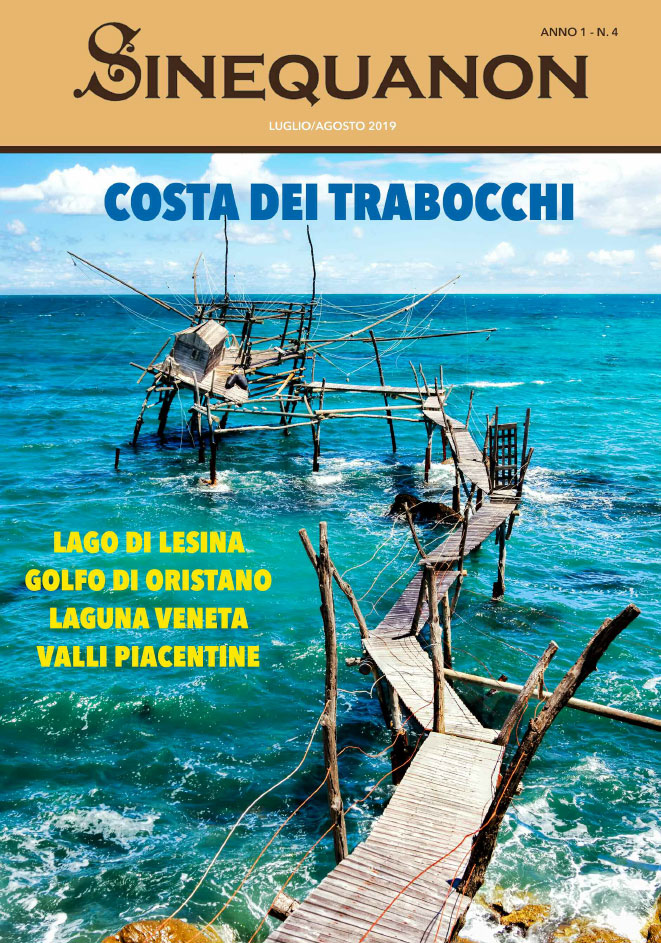PAMELA MCCOURT FRANCESCONE
While much is known about the glory and decline of the Roman empire it is not widely recognised that modern Mediterranean cuisine evolved from the ancient flavours and traditions of Imperial Rome. ?Many ancient texts such as Cato?s De Agricoltura and Varo?s Rerum rusticarum libri tres reveal that the pillars of the modern Mediterranean diet date back to Roman days more than 2,000 years ago,? says Marco Carli, owner of the Michelin-star Il Principe restaurant in Pompei.
A passion for art and ancient civilisations led Tuscan-born Marco, (at the age of 21 he became Italy?s first maitre d?) and his wife Pina to research ancient Roman frescoes, mosaics, graffiti and poetic verses to discover the secrets of the culinary arts and foods enjoyed by the ancient Romans which they then adapted to modern palates. And walking into Il Principe means stepping back into the history of the ancient city of Pompeii which was buried by blazing ash and lava when nearby Mount Vesuvius erupted in 79 A.D. killing all 20,000 of its inhabitants.
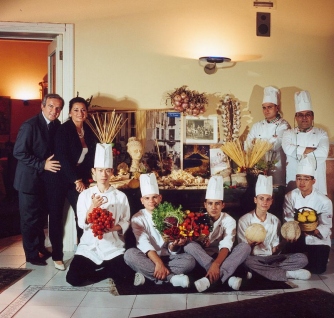
Today Pompeii?s extensive archaeological site is one of the most visited tourist attractions in Italy and the restaurant is an expression of its owners? love for Pompeii, art, archaeology, and for the art of hospitality and good taste. ?We use only the best of local and Mediterranean produce for dishes inspired by the traditions of ancient Rome and also for the many specialities from the Campania region,? explains Pina, who comes from a family of well-known Pompei hoteliers, and reigns over the kitchen.
?Of course stalwarts of today?s Mediterranean diet such as tomatoes, potatoes, coffee, sugar and cocoa arrived in the Old World from the Americas only in the 16th century,? says Marco. ?But a typical menu served in ancient Rome would have included omelettes, veal, sucking pig, fish, olives and marinated courgettes, goats cheese and even crème caramel which Apicius calls Tiropatina.?
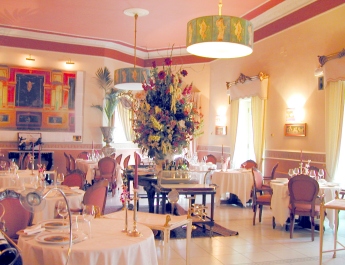
The ancient Romans? day was regulated by the sun and started with an early breakfast or lentaculum of bread, cheese, meats and honey. Then, around midday, they had a snack while dinner, coena, usually began around 3 or 4 in the afternoon after a relaxing few hours at the thermae and consisted of abundant hors d?oeuvres followed by the Mensa prima and the dessert or Mensa secunda, all of which was washed down by Mulsum, a mixture of wine and honey, Vino conditum with herbs and the sweet Vino passum dessert wine. In those days wines were flavoured for three reasons: to conserve them, to give them more flavour and because, as the ?Barbarians? drank their wine neat, the Romans flavoured theirs to distinguish themselves from the invading hoards. ?Many of the wines we serve like the Lacryma Christi, the Falerno, the Aglianico, the Greco di Tufo and the Fiano have very ancient origins,? says Marco.
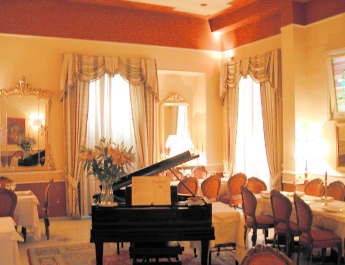
In Il Principe?s elegant Macellum room with its Pompeii-red frescoes and elegant decor the taste buds are titillated by many unique flavours including garum, the most famous of all the ancient sauces. ?The preparation of garum, also called liquamen or muria, was a complicated process,? explains Pina. ?In the 1st century Pliny the Elder refers to this strong-smelling sauce made from fermented fish and in De re Coquinaria, the oldest surviving cookbook by the Roman gourmet Marcus Gabius Apicius, who squandered most of his fortune on feasting and then put an end to his life to avoid the misery of being obliged to live on a plain diet, it says the best liquamen is made from mullet. Today we make it with salted and fresh anchovies, balsamic vinegar, olive oil, rosemary, savoury and capers and serve it with vermicelli, which the Romans called Atria. Another favourite is the Crustum cum caseo ed melle which is an ancestor of the famous Sicilian cassata and is made with ricotta cheese, honey and dried fruits.?
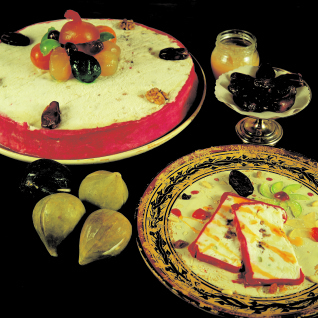
The Carli?s unique gastronomic style has captivated the world, from Bill Clinton?s White House to New York, Chicago, Los Angeles, Tokyo, Kobe and London, and every year cultural and artistic events are held in the magical setting of Pompeii?s ancient amphitheatre, inspired by Marco and Pina?s love for history, art, archaeology and, of course for food which, as George Bernard Shaw reminds us, ?is the sincerest form of love.?
IL PRINCIPE
Piazza Bartolo Longo, 8
Pompei (NA)
Tel. +39 081 850.55.66
Fax +39 081 863.33.42
www.ilprincipe.com
Piazza Bartolo Longo, 8
Pompei (NA)
Tel. +39 081 850.55.66
Fax +39 081 863.33.42
www.ilprincipe.com


